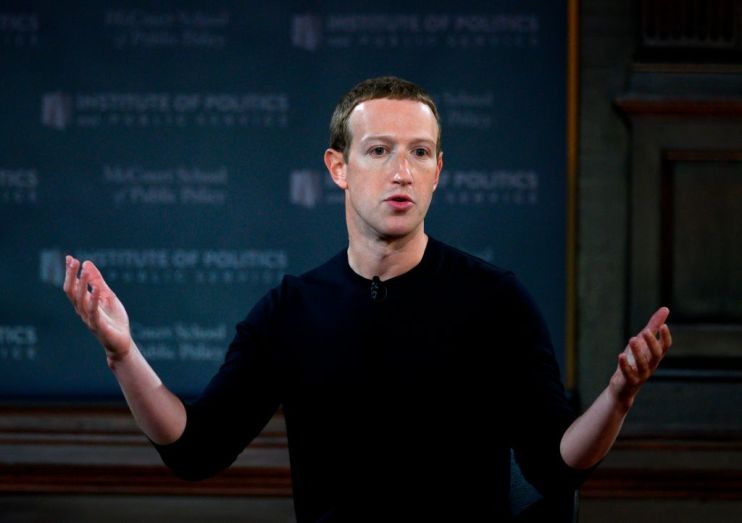Facebook has a job to win new cheerleaders

For an outfit founded on the principle of bringing friends together, Facebook has cut a lonely figure in recent years.
In America, founder Mark Zuckerberg has been hauled to DC to answer privacy concerns and one of the Democrats’ leading presidential candidates, Elizabeth Warren, has all but declared war on the firm.
Politicians enjoy the fifteen minutes of fame that comes from beating up a billionaire, and in the UK MPs are pondering how to update election regulations for the new Wild West that is the social network’s advertising market.
Meanwhile in Europe, the scourge of Big Tech Margrethe Vestager is readying another assault in her new, beefed up competition role. Even its relatively tiny rival Twitter managed to put the pressure on when it announced it was giving up hosting political advertising, a move that a cynic might suggest was designed almost entirely to annoy its bigger cousin in Silicon Valley.
The fires that have licked northern California in recent weeks have left black smoke gathering over San Francisco — Facebook executives must wonder if it’s a portent for the future.
Efforts to increase transparency by adding “from Facebook” to the log-in screens of Whatsapp and Instagram are sensible measures, but it’s unlikely that such a move will ward off the coming regulatory assault (pointing out how much it owns is unlikely to endear itself to those coming after it on antitrust grounds).
An accompanying host of soft-focus marketing images will not overnight change the perception of a brand struggling to shift the narrative on everything from fake news to customer privacy.
As the firm’s comms supremo Sir Nick Clegg knows from the tuition fees debacle, saying sorry for past mistakes is no guarantee of a brighter future.
So Facebook, a digital goliath in danger of losing its figurative and literal licence to operate, needs to think more fundamentally about what it does, why it does it and how it communicates.
There are no easy answers, and we do have sympathy with the executives expected to provide them at the demand of ambitious Democratic politicians and industry rivals.
Facebook has come out from under its rock in recent months and attempted, falteringly, to explain how it operates and what benefits it still brings.
More of that, more substantive change on privacy and more work to prevent fake news and abuse on its platform are likely to win it more friends than a rainbow-tinted rebrand.
Main image: Getty